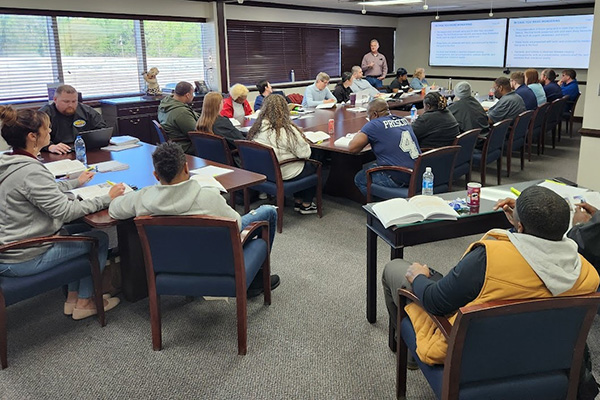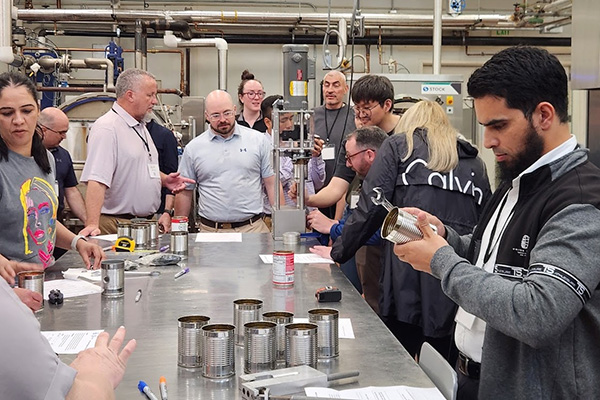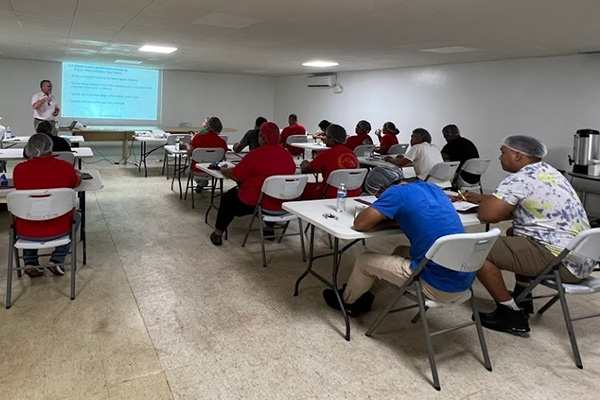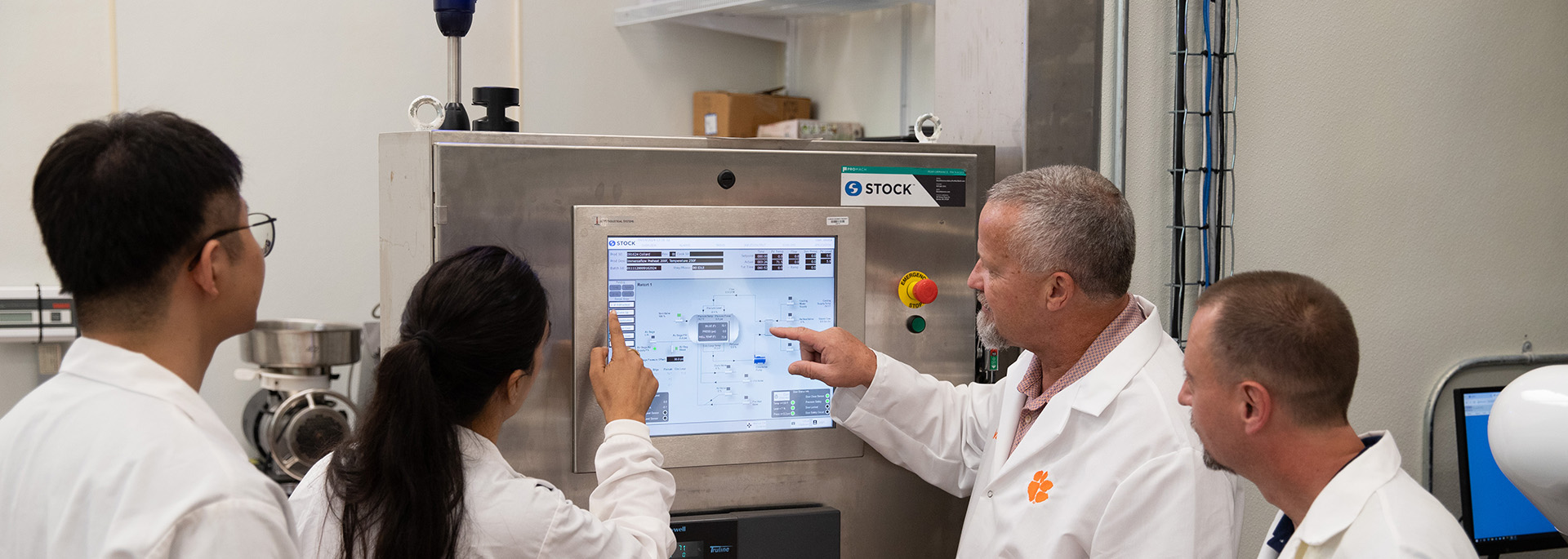Better Process Control School
The Better Process Control School (BPCS) is a FDA- and USDA-mandated training program designed to ensure that processors of low-acid and acidified foods fully understand the essential principles of food safety. This two to three day course equips food industry professionals with the knowledge necessary for thermal processing, container closure evaluation, acidification, and regulatory recordkeeping practices critical to the production of shelf-stable foods. The BPCS is in compliance with FDA regulations outlined in 21 CFR 108, 113, and 114, and USDA FSIS regulations 9 CFR 318.300 and 381.300, the BPCS is required for supervisors who oversee acidified and low-acid food manufacturing operations. Participants who successfully complete the course receive a certificate recognized by FDA & USDA.
-
Key Topics
Key topics covered include the microbiology of thermally processed foods, operation of thermal processing systems such as retorts and aseptic systems, container closure evaluation, acidification processes, and detailed regulatory requirements.
-
Who Should Apply
This training is recommended for food processors, quality assurance professionals, production supervisors, regulatory staff, and others involved in the thermal processing of low-acid and acidified foods.
-
On-Site Better Process Control School
This training is for food industry professionals who desire to have on-site access to a Better Process Control School curriculum. The on-site Better Process Control Schools are designed to meet the specific retort and packaging format used by the requesting company. These training typically last 2 to 3 days in length.
Please contact us if you would like a quote for an on-site BPC school.

Can Manufacturing Course
In collaboration with Silgan Containers, Clemson University offers a premier training program focused on the critical aspects of can manufacturing and processing, with an emphasis on double-seam evaluation and diagnosis. This comprehensive course combines classroom instruction with daily hands-on sessions, providing participants with essential knowledge and direct experience in assessing can quality, seam integrity, and performance. The curriculum explores the rationale behind material selection, technologies used for various product applications, and factors affecting food compatibility and shelf stability. Participants gain a thorough understanding of can manufacturing processes used by major producers like Silgan Containers, alongside practical skills in using seam testing tools and evaluation procedures.
-
Key Topics
Key topics include metal can types and materials, double seam testing, coatings and corrosion management, and quality control practices in can manufacturing.
-
Who Should Apply
This course is ideal for packaging engineers, quality assurance professionals, food scientists, and others involved in food and beverage manufacturing who seek to strengthen their expertise in metal packaging technologies.

Specific Trainings on Demand
We also offer customized, on-demand training sessions tailored to Food processing company's specific needs and challenges. Delivered either virtually or in person, these flexible programs cover a broad range of topics, including thermal processing, packaging technology, regulatory compliance, and food safety.
Whether you are launching a new product, upgrading a packaging line, or training a new team, our experts can design and deliver targeted sessions to support your operational success.
Examples of available on-demand topics include retort operation and maintenance, shelf-life testing and stability studies, FDA process filing and documentation, and packaging material evaluation.


